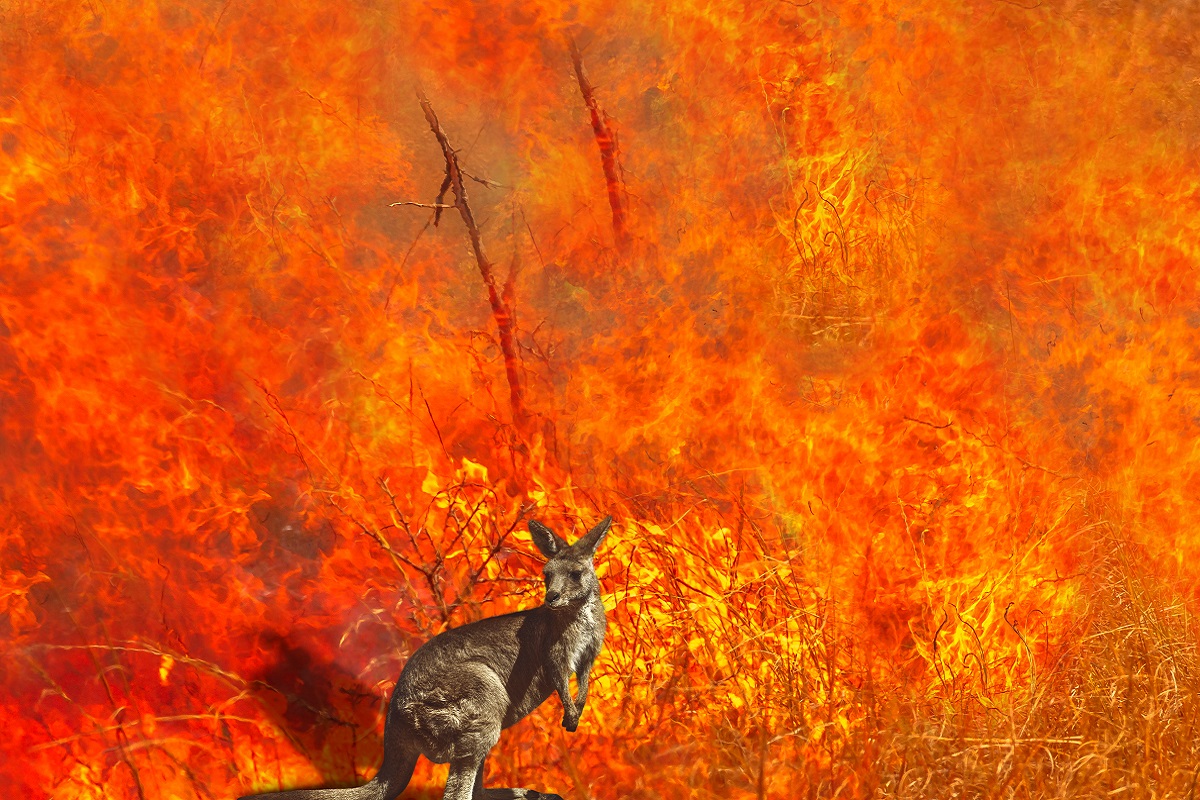Appalled by the ongoing loss of animals due to climate change, Veterinarians for Climate Action (VfCA) have outlined four key policies for the next federal government.
Jeannet Kessels, Chair of VfCA, said veterinarians are scientists relying on published scientific findings to provide the best possible care for animals, and it is a scientific fact that climate change is harming and killing animals.
“Wildlife, livestock, and pets face ever increasing threats to their health and welfare unless climate change is addressed as a priority.”
The four key policies put forward by VfCA to the next federal government are:
- Develop an effective national climate action plan as a priority, with stronger net-zero emissions targets via deep cuts in greenhouse gas emissions and a rapid transition to renewable energy.
- Put an end to destruction of native vegetation, and to increase plantings of native vegetation.
- Strengthen environmental protections afforded by the Environment Protection and Biodiversity Conservation Act 1999, including incorporating a climate trigger.
- Support and lead the development and delivery of a national government-industry program to reduce greenhouse gas emissions from ruminants, cattle and sheep.
The effects of climate change include the expectation of temperatures in cities rising by more than four degrees by the end of the century, which would see heatwaves posing a risk for companion animals such as dogs, cats, and horses.
Over the past few years, the floods, fires, heatwaves, and droughts, have caused devastating losses to the livestock of farmers. VfCA state that without national planning and programming climate change will continue to increase the frequency and severity of these events.
“There is current and developing knowledge on sustainable farming and on how to reduce methane emissions from ruminant livestock,” VfCA said.
To stay up-to-date on the latest industry headlines, sign up to the Pet Industry News e-newsletter.

